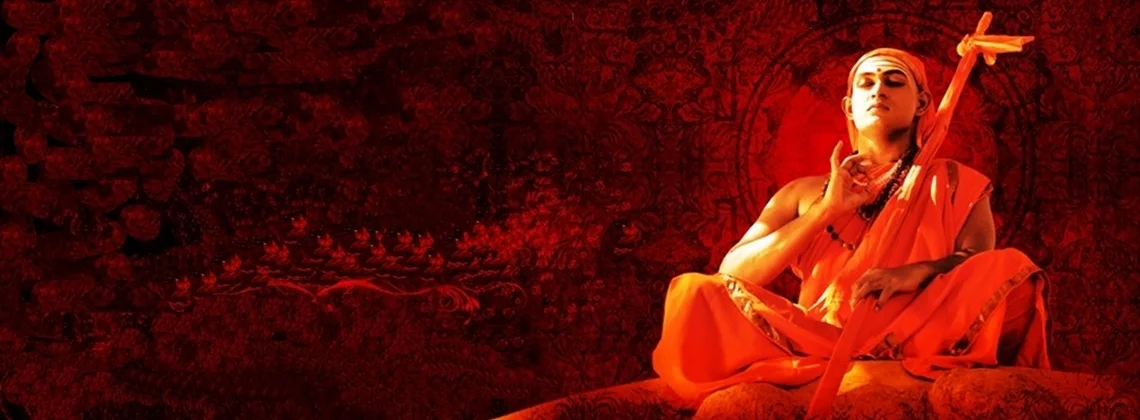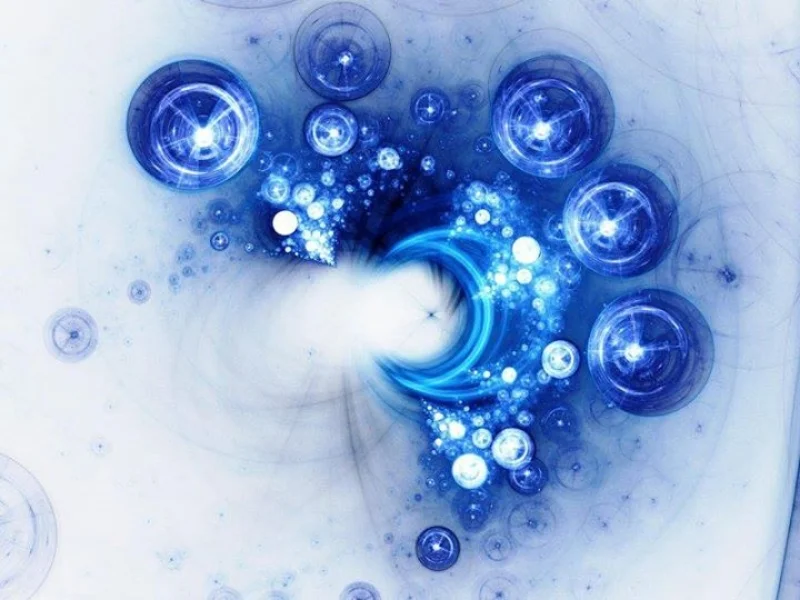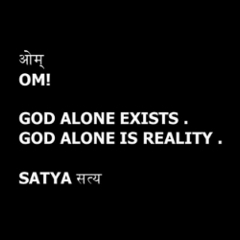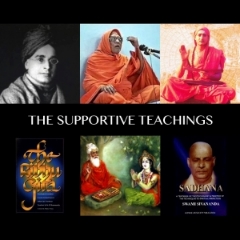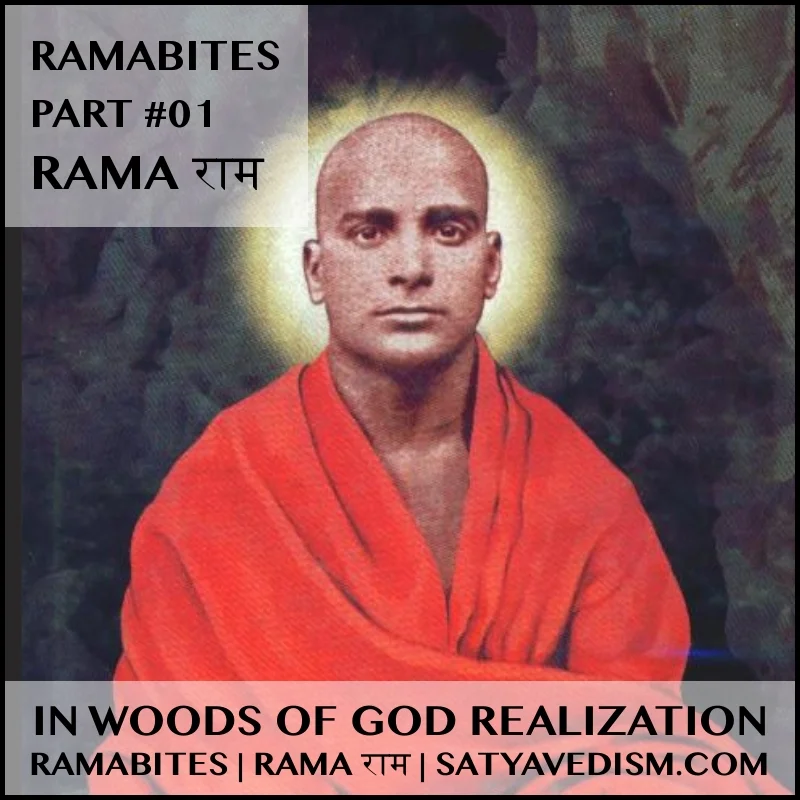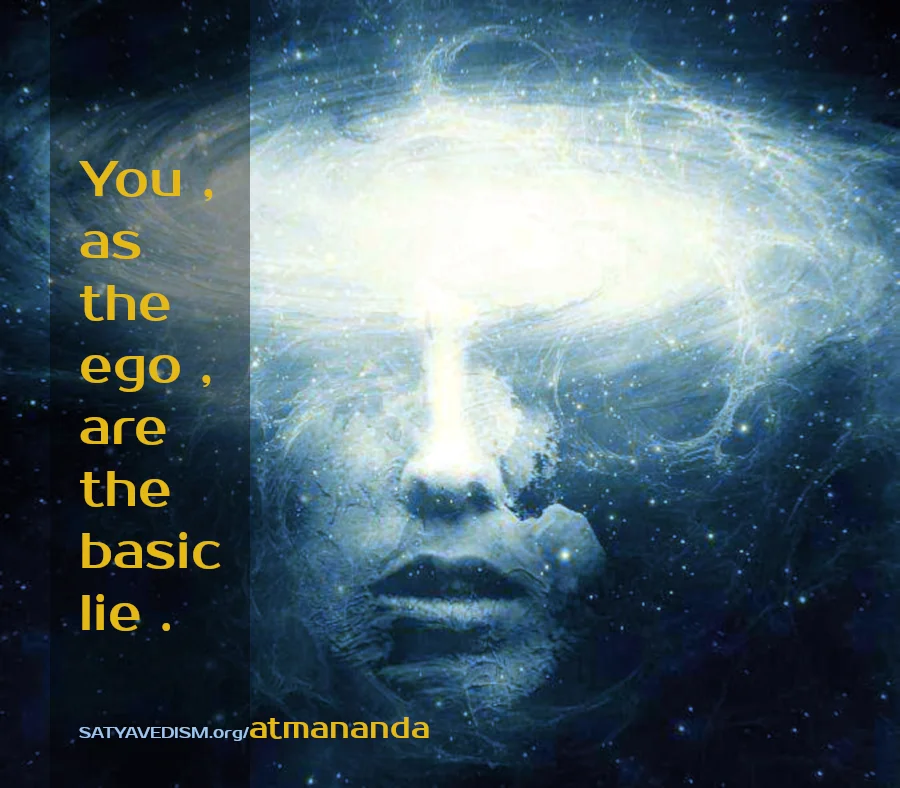BHAGAVADGITA | 2.20 | AMOETD
| | homeBHAGAVADGITA | 2.20 | SRI ADI SANKARACARYA
|| PATH OF KNOWLEDGE ||
na jayate mriyate va kadacin
nayam bhutva bhavita va na bhuyah
ajo nityah sasvato 'yam purano
na hanyate hanyamane sarire || 2.20 ||
2.20 Never is this One born , and never does It die ; nor is it that having come to exist , It will again cease to be . This One is birthless , eternal , undecaying , ancient ; It is not killed when the body is killed .
|| BHASYA || : Na kadacit , never ; is ayam , this One ; jayate , born ie the Self has no change in the form of being born — to which matter is subject — ; va , and ( — va is used in the sense of and ) ; na mriyate , It never dies . By this is denied the final change in the form of destruction . The word ( na ) kadacit ) , never , is connected with the denial of all kinds of changes thus — never , is It born never does It die , and so on . Since ayam , this Self ; bhutva , having come to exist , having experienced the process of origination ; na , will not ; bhuyah , again ; abhavita , cease to be thereafter , therefore It does not die . For , in common parlance , that which ceases to exist after coming into being is said to die . From the use of the words va , nor , and na , not , it is understood that , unlike the body , this Self does not again come into existence after having been non-existent . Therefore It is not born . For , the words , " It is born " , are used with regard to something which comes into existence after having been non-existent . The Self is not like this . Therefore It is not born .
Since this is so , therefore It is ajah , birthless ; and since It does not die , therefore It is nityah , eternal .
Although all changes become negated by the denial of the first and the last kinds of changes , still changes occurring in the middle * should be denied with their own respective terms by which they are implied .
Therefore the text says sasvatah , undecaying , so that all the changes , viz youth etc , which have not been mentioned may become negated . The change in the form of decay is denied by the word sasvata , that which lasts forever .
In Its own nature It does not decay because It is free from parts . And again , since it is without qualities , there is no degeneration owing to the decay of any quality .
Change in the form of growth , which is opposed to decay , is also denied by the word puranah , ancient . A thing that grows by the addition of some parts is said to increase and is also said to be new . But this Self was fresh even in the past due to Its partlessness .
Thus It is puranah , ie It does not grow . So also , na hanyate , It is not killed , It does not get transformed ; even when sarire , the body ; hanyamane , is killed , transformed . The verb " to kill " has to be understood here in the sense of transformation , so that a tautology * may be avoided .
In this mantra the six kinds of transformations , the material changes seen in the world , are denied in the Self .
The meaning of the sentence is that the Self is devoid of all kinds of changes .
Since this is so , therefore " both of them do not know " — this is how the present mantra is connected to the earlier mantra .
( NOTES : * For the six kinds of changes see note under verse 2.11 . — TR [ Birth , continuance , growth , transformation , decay and death . ] | * This verse has already mentioned " death " in the first line . If the verb han , to kill , is also taken in the sense of killing , then a tautology is unavoidable . — TR )
|| UPADESA SAHASRI : A METHOD OF ENLIGHTENING THE DISCIPLE || I.I.6 || COMPLETE AMOETD SERIES ➤➤ | INTRODUCTION ➤➤ ||
|| THIS SCRIPTURE SERIES SOURCE || ➤
|| 1 || http://www.SATYAVEDISM.com ||
|| 2 || http://bit.ly/SRIADISHANKARA ||
http://www.SATYAVEDISM.com/shankara/amoetd/
SOURCE | SATYAVEDISM.ORG
